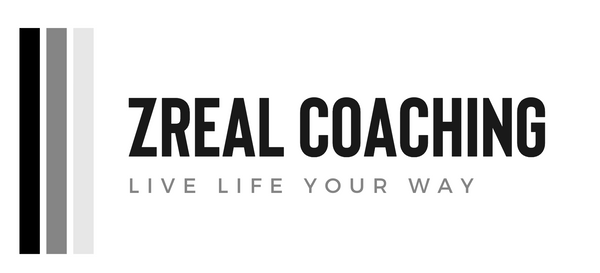
Breaking the Excuse Cycle: How to Take Responsibility for Mistakes
Why People Make Excuses
When mistakes happen, sometimes it can feel easier to deflect than to own up. Excuses offer temporary relief, but they prevent personal growth and damage trust. Here are some common reasons people lean on excuses instead of taking responsibility:
-
Habit or Pattern – Learned behavior or past experiences make excuses an automatic response.
-
Lack of Self-Awareness – Some don’t realize how often they excuse rather than own up.
-
Fear of Vulnerability – Admitting fault can feel like exposing weakness. Excuses protect the ego.
-
Lack of Accountability – Shifting blame helps avoid discomfort but prevents growth.
-
Defense Mechanism – Excuses shield from guilt, shame, or anxiety.
-
Fear of Consequences – Avoiding punishment, conflict, or damaged relationships drives excuse-making.
-
Cultural or Social Factors – In certain environments, admitting mistakes may be seen as weakness.
-
The “I Didn’t Know” Excuse – A common deflection that removes responsibility by shifting fault to lack of information. Often it masks procrastination, poor listening, or lack of initiative.
The Deeper Roots of Excuse-Making
Excuse-making isn’t always about laziness or defiance. For many, it’s rooted in deeper experiences or immaturity:
-
Past Trauma or Abuse – People who grew up in highly critical, abusive, or unsafe environments may have learned to deflect blame as a survival tool. Excuses become a shield to avoid further criticism, rejection, or punishment.
-
Bullying or Constant Criticism – Repeated negative feedback in childhood, school, or work environments can create an instinctive fear of being “wrong.” To protect themselves, individuals may default to excuses, even when unnecessary.
-
Immaturity or Lack of Growth – Sometimes people simply haven’t developed the maturity to accept mistakes as part of life. They respond like children—blaming others, deflecting, or denying—because they haven’t yet learned the strength of accountability.
While these patterns may explain why excuses form, they cannot be a lifelong justification. Recognizing the roots is only the first step. The real growth comes from consciously breaking the cycle.
How to Stop Making Excuses
Breaking the excuse habit requires self-awareness, discipline, and emotional growth. Here are practical steps to begin:
-
Pause Before Reacting
Take a breath before responding to a mistake. This helps prevent excuses from slipping out automatically. -
Acknowledge the Mistake Directly
Use clear language like:-
“I made an error.”
-
“That was my responsibility.”
Owning mistakes builds respect and trust.
-
-
Avoid the “I Didn’t Know” Reflex
If unsure, make it a rule to ask before acting. Replace excuses with accountability:-
“I should have asked before acting. I’ll make sure to clarify next time.”
-
“I missed the chance to confirm, and that caused the mistake. Next time I’ll check first.”
-
-
Shift to Action Instead of Explanation
Replace reasons with solutions:-
Instead of “I was too busy,” try “Next time I’ll plan ahead to avoid delays.”
-
-
Build Emotional Resilience
Remind yourself: mistakes don’t define your worth. Confidence makes it easier to admit fault without fear. -
Seek Feedback
Ask others if you have a habit of excusing behavior without realizing it. Outside perspective creates self-awareness. -
Practice Honest Apologies
A simple, sincere apology—without justifying—can heal relationships and weaken the urge to excuse. -
Change Your Inner Dialogue
Replace self-defensive thoughts with constructive ones:-
“It’s okay to make mistakes; what matters is how I handle them.”
-
“Admitting fault shows strength, not weakness.”
-
-
Make It a Conscious Effort
Habits don’t disappear overnight. Breaking the excuse cycle requires deliberate, repeated effort—catching yourself in the moment, correcting your response, and choosing honesty over deflection.
Final Thought
Excuses may protect us in the short term, but they limit our growth in the long run. Whether shaped by trauma, fear of criticism, or immaturity, excuse-making keeps us stuck in old patterns. True progress begins when we stop blaming, start owning, and take conscious steps toward action. Responsibility isn’t a burden—it’s a gateway to strength, respect, and freedom.
